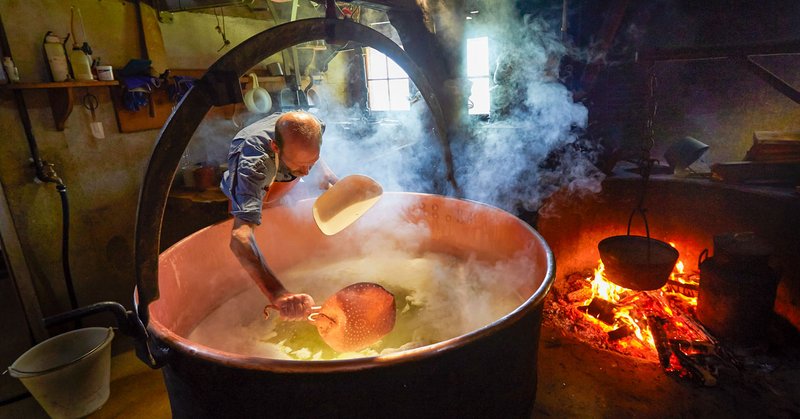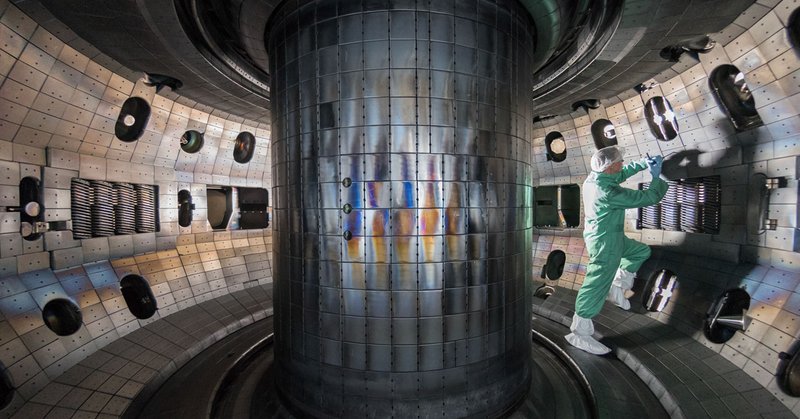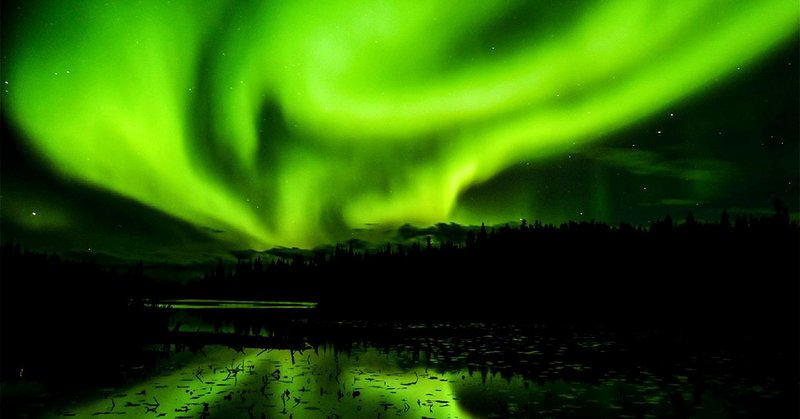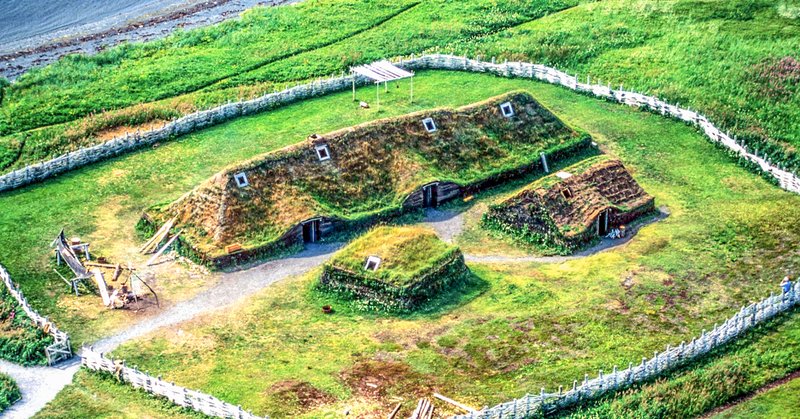
News from Science
@NewsfromScience
Followers
641K
Following
1K
Media
4K
Statuses
44K
The latest stories in science, brought to you by the @ScienceMagazine news team.
Washington, D.C.
Joined October 2008
The genomes of bacteria and fungi used in food production bear the signs of domestication also seen in crops and livestock. #ScienceMagArchives
science.org
The genomes of bacteria and fungi used in food production bear the signs of domestication also seen in crops and livestock
1
3
23
If ants could speak, the tunnels of some colonies would echo with cries of, “The queen is dead, long live the queen!” Utterly devoted to their matriarchs, these social insects sometimes go through regime change, when a usurper infiltrates an established ant colony, kills the
0
12
49
An ancient body of water known as the Paratethys Sea once held more water than all of today’s lakes combined, and was inhabited by miniature versions of today’s whales, dolphins, and seals. #ScienceMagArchives
science.org
The ancient Paratethys Sea once held more water than all of today’s lakes combined
1
7
38
“It’s exciting to think that even the scars of these ancient creatures can reveal moments of their most intimate lives.” Learn more: https://t.co/i15XUGa1V4
0
6
17
In 2024, astronomers reported on the discovery of a highly unusual planetary system around a nearby star. #ScienceMagArchives
science.org
Undisturbed family of “sub-Neptunes” in rhythmic orbits could hold clues to planet formation
0
7
17
The U.S. Department of Energy is reorganizing its scientific efforts by establishing new offices for types of research favored by the White House.
science.org
Reorganization could shift mission of the United States’s largest funder of the physical sciences
0
2
10
While we humans may go to great lengths to conceal our feelings, our furry friends tend to wear their hearts on their tails. But according to new research, our understanding of canine emotions may not be as accurate as we think. Learn more in #ScienceAdviser:
0
3
8
The northern lights and their lesser-known sibling, the southern lights, undulate across the skies near Earth's polar regions. But the two aren't identical—and in 2019, researchers may have discovered why. #ScienceMagArchives
science.org
Study explains dissimilarity between light shows at Earth’s poles
0
3
7
This wood “robot” can plant seeds in remote places. Watch it drill into soil on #WorldSoilDay: https://t.co/COSCIcP4Kh
2
26
134
In 2017, a lawsuit uncovered emails from Monsanto that suggested its employees helped ghostwrite an influential paper that claimed to find no evidence the company’s widely used herbicide, Roundup, caused cancer. Now, the paper has been retracted.
science.org
Highly cited paper was used as evidence that the widely used herbicide Roundup is safe
0
8
20
Understanding how these frogs withstand “murder hornet” stings could one day lead to new treatments for pain in humans.
science.org
High tolerance for venomous stings could help researchers better understand pain
0
2
16
Animal studies support the idea that boosting brain fluid clearance could blunt neurological disorders.
science.org
Animal studies support idea that boosting fluid clearance could blunt neurological disorders
0
4
17
This fossil was a remarkable twofer: a dinosaur jaw plus an insect trapped in amber, all in one 75 million-year-old find. #ScienceMagArchives
science.org
Rare find is the first of its kind in North America
0
2
11
Do you have what it takes to win Science’s #DanceYourPhD competition? We want you to top last year’s food-themed frolic from the Helsinki chemist who dressed up as a chili pepper. Or maybe you can get #AI to dance on your behalf? Learn more: https://t.co/orgnYP1Qbs
0
2
9
Last week’s funding boost comes as a relief to scientists working on several ESA science projects, including an x-ray observatory and a mission to Saturn’s moon Enceladus.
science.org
X-ray observatory and mission to Saturn’s moon Enceladus win as ESA’s science program sees growth
2
1
7
On Friday, advisers to CDC are scheduled to discuss the safety of vaccines that include aluminum salts, compounds long added to vaccines to boost their effectiveness. Here’s some background on why the agency is now scrutinizing aluminum salts. ⬇️
science.org
Despite extensive safety record, U.S. health advisers are set to discuss claimed link to asthma
0
1
4
A century after the birth of quantum mechanics, its puzzles are pushing physicists to redefine reality—with themselves at the center. #LongReads
science.org
Increasingly popular theories hold that experimental outcomes really do depend on the observer
1
2
13
Fibers found on an ancient ocean voyaging canoe in New Zealand’s Chatham Islands roughly align with the first archaeological traces of human settlement on Rēkohu.
science.org
Fibers found on waka in Chatham Islands roughly align in age with earliest known human arrival
0
2
14
Researchers argue that cool weather spurred by previously unidentified volcanic eruptions set into motion a deadly chain of events, ultimately leading to the Black Death.
science.org
Crop failures caused by eruptions possibly forced grain imports from plague-ridden regions
2
4
14
2021 marked the 1000th anniversary of Vikings in North America. #ScienceMagArchives
science.org
Felled trees and cosmic rays reveal when L’Anse aux Meadows was occupied
0
1
16















